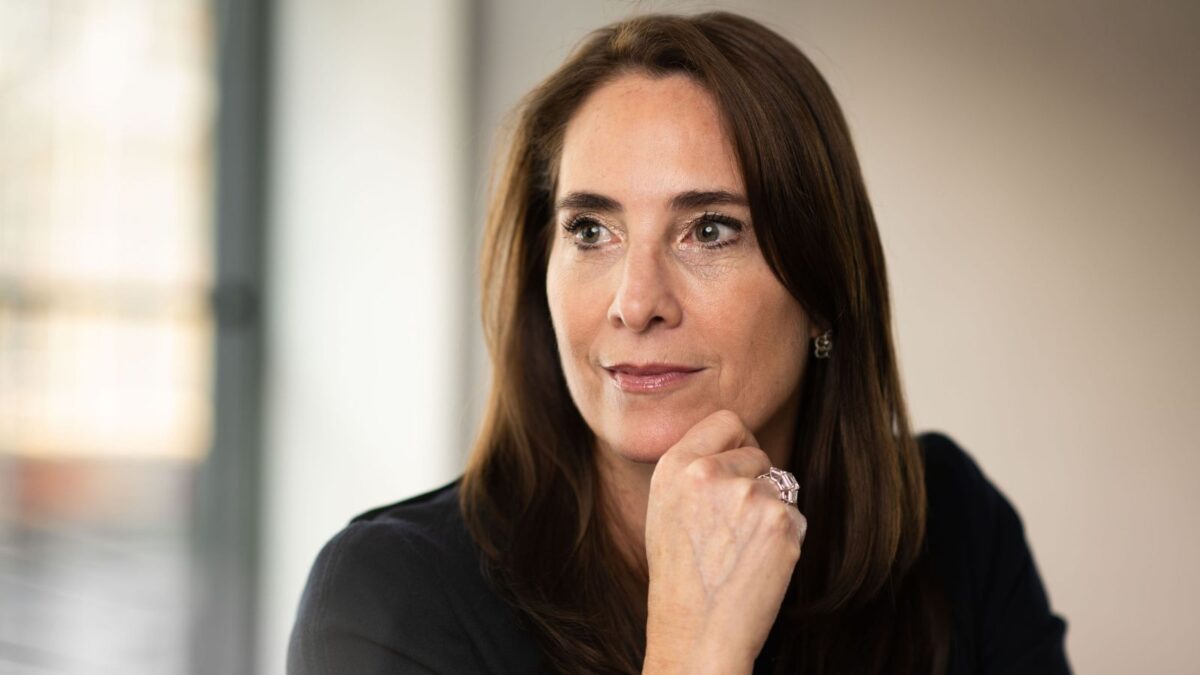The pandemic lessons that put this fundie ahead of the pack
The London-headquartered Longview Partners runs just one concentrated quality global equity strategy of 30 stocks, and has done that for nearly a quarter of a century. Its clients include UK pensions, high net worth individuals, wealth managers and a number of large superannuation funds from the land down under.
But in 2020, some of those clients were scratching their heads. Like many other managers in the Covid market downturn, Longview had underperformed – but it underperformed by more than it should have. That was all down to a “relatively significant exposure to social distancing”, according to CEO Marina Lund.
“We hadn’t had that on our list of risks,” Lund tells ISN. “The companies we had – food distributors in the US and UK, healthcare companies – had no customers. There were no restaurants open, there were no office canteens to supply, and hospitals were full of non-paying Covid patients. About 25 per cent of the portfolio was companies that were negatively impacted by social distancing.
“2020 was a really difficult environment for us, and we had to ask ourselves ‘Is this thing we’re producing worth having?’.
The short answer? ‘Yes’.
“They were good quality companies – yes, they’ve lost a year of revenue, but eventually the world would right itself in some way, and what will these businesses look like on the other side, whenever that it is, and can they survive until whenever that is?”
They could. But there were lessons to be learned. Longview moved quickly to pick up shares in Alphabet and health IT company IQVIA during the market dislocation, but its ‘ready-to-go’ list of ideas to invest in just wasn’t long enough. So when the dust had (mostly) settled), Lund went to the computer science department of University College London and deputised two professors to help Longview build and explore large language models.
“We developed, with their help, a large language model that recognised that share prices are essentially a function of discount rates and terminal growth rates. That’s not news, but it was proven and backtested off our database. We brought in an idea generation tool showing us in real time an approximation of the upside of names in our universe. That keeps our idea generation process more nimble, and our ‘ready-to-go’ investments list is deeper now than it was in 2020. That was definitely a lesson learned.”
Longview’s LLM is now in version nine. The company has been working on a digital transformation over the last five years, and is at the point where every research process that can be done by a machine now is. If numbers are historic, an analyst shouldn’t be spending any time trawling through them; they should be able to access them quickly, and use their time to add insight to client portfolios.
But was there any sense that the LLM it built could be the next big thing? Maybe even something to invest in?
“No,” Lund says. “It’s a tool. We believe that our interpretation of existing public data makes sense and works over the long term. It might not work every day, but we believe in it. So we wanted to use it as a tool to supplement our efforts and make sure we’re nimble and accessing opportunities as and when the market presents them to us rather than not seeing that something has moved. But it was always a tool – we believe in fundamental investment insight, and that it makes sense to buy a quality company – under our definition – at an attractive price.”
Only in the distorted financial landscape of the 2020s could it be suggested that it didn’t.
It’s hard not owning Nvidia – but Lund says there’s no impetus to broaden the product suite to include something that could seize on the trends that dominate markets.
“The pros of having one strategy so far outweigh the potential pros of having two. Because there are cons in having more than one. One of the most important negatives, in my mind, is the complexity you bring to the organisation. You’re no longer one team focussing on one outcome for clients; you get a splinter group. One person is doing one thing and another is doing something else.”
“You have to be really thoughtful about how people’s authority works, how people feel integrated, what it does to the culture – and then you’ve got to work out the economics. We just feel that we’ve got a great strategy, and the right thing to do is what we do exceptionally well.”











